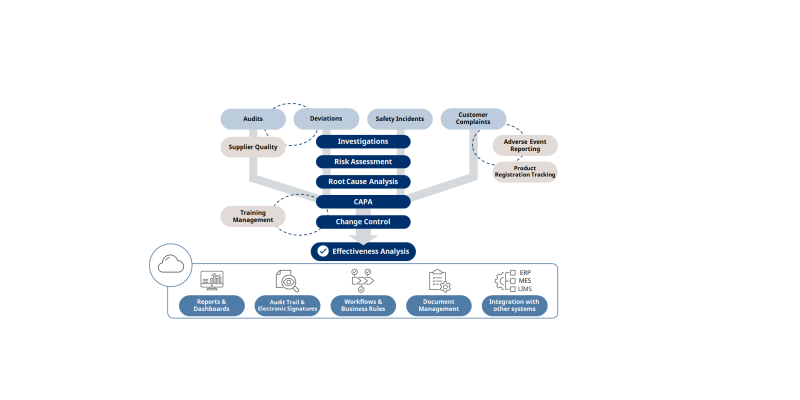Schedule a Call Back
93% of big companies see AI equal to success, yet struggle with talent shortages
 Industry News
Industry News- Aug 29,24

Related Stories

Yokogawa unveils OpreX to accelerate DX in quality assurance
The audit trail and user management methods employed by this system comply with global pharmaceutical regulations, leading to improved integrity in the handling of data for quality assurance proce..
Read more
Our India-specific solutions can stand challenging environments: Vishal Agarwal
We invest in R&D, collaborating with clients and academic institutions to co-develop solutions. Recent breakthroughs include AI-driven hot runner systems for real-time defect detection and hybrid en..
Read morePanasonic Industry unveils innovative, energy-efficient HVAC solutions
These solutions have been introduced keeping in mind the rise in demand for reliable, energy efficient and tech-enabled components in HVAC designing.
Read more











